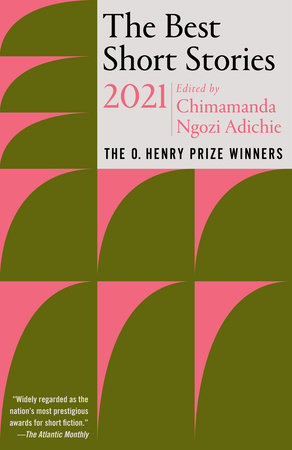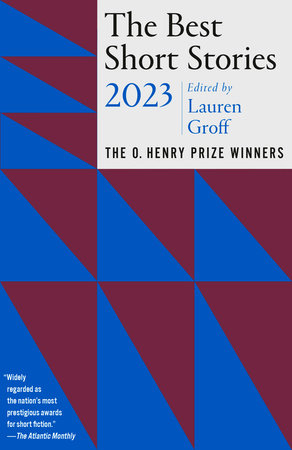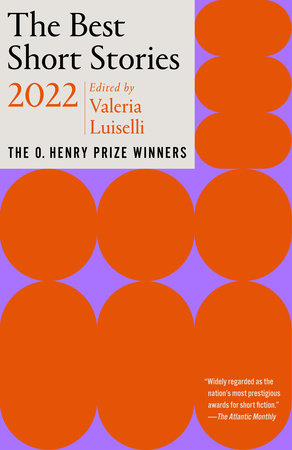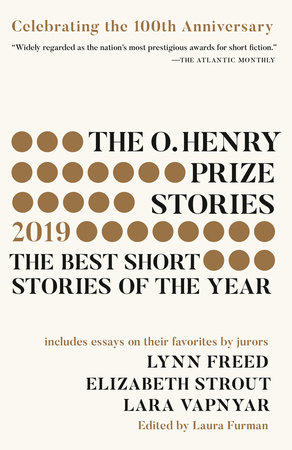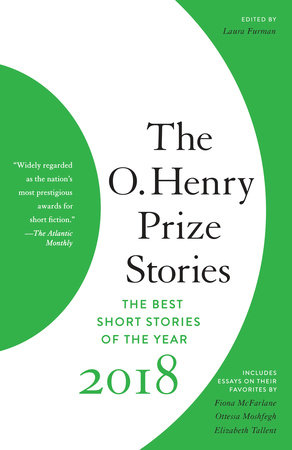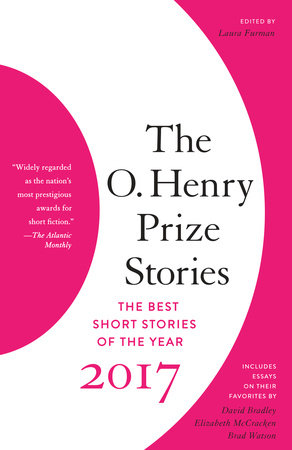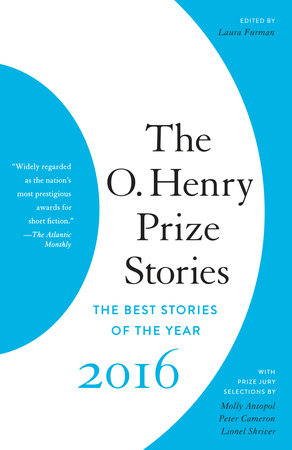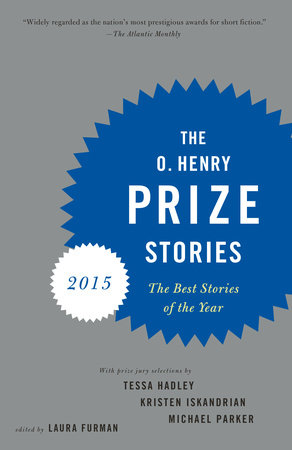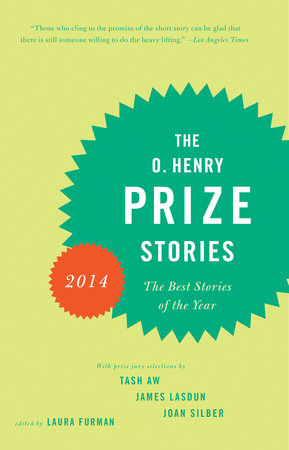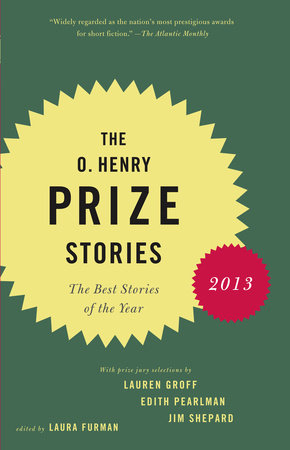Excerpt
The Best Short Stories 2021
INTRODUCTION
When I first read these stories, my beloved father had just died. It is still difficult to write “died.” Grief was a cruel kind of education. It made life become both unbearably pointless and unbearably precious, and I wish I could say that reading these stories brought succor. Nothing did—my grief was raw and raging—but these stories brought a reminder of how the emotions I was feeling had all been felt before. I briefly wondered whether reading through sorrow would scar my choices, cause me to be drawn only to the darkest stories, or, in an emotional revolt, to the lightest. Almost all the short-listed stories I read were accomplished, and in thinking of which to select, I asked myself: which story has remained with me?
I am drawn, in general, to stories that feel genuine, that leave me convinced. Gimmicks bore me, as does cleverness for its own sake, for we can get that in other, better-suited forms than fiction. I am drawn to a quality I call heart, a sense that the story matters and has meaning. But matters to whom? To the writer, to the story’s own imaginative world.
I think of the best fiction as art that sometimes brings news. The stories here succeed as art, in their ability to be both timeless and also of the moment, in their care with language, and they all also bring news.
When I was first published in the United States, I was wary of readers who told me that my work brought news, because I chafed at the way that fiction by people like me, people from Africa and Asia and Latin America, from the parts of the world on the periphery of economic power, was often read as anthropology rather than literature. The idea of fiction bringing news can still be diminishing, in particular contexts and specific power relationships, but I understand now that all good fiction brings some kind of news, even if news we have heard before.
I was particularly charmed by “Things We Worried About When I Was Ten” by David Rabe, which felt so unabashedly true and brought news about childhood and class. I adored “Endangered Species: Case 47401” by Crystal Wilkinson—for being so in touch with its own boldness, its language like music, its superb narrative tension, its humor, and its very specific news about the casual racism that Black American women face.
A friend of mine once said she looked to novels to tell her how to live. I thought of that in reading some of the stories here, like “Freedom from Want,” “The Other One,” “Brown Girls,” and “The Living Sea.” I look to stories for consolation, the kind of small consolation that one needs to want to wake up every day; as templates for life; for news of how others live; for reminders that life’s mysteries have no keys. Above all else I look to fiction for a kind of wisdom. Wisdom feels old-fashioned, as a word and as an idea, but if there is a unifying the
me in these stories it is that they are all profoundly wise.
I am drawn to a sense of humor but also to a seriousness of purpose, and it is bliss when both manage to exist in one story, as is the case in many here. I am struck too by a tonal similarity; quite a few of the stories, although very different in subject and setting, have a similar gorgeous grave grace—like “Fisherman’s Stew,” “Delandria,” “Grief’s Garden,” and “From Far Around They Saw Us Burn.” I admire writers who are able to be very much of the moment and yet timeless, who produce stories that are intensely contemporary but will survive rereading in the next generation, like “White Noise,” “Witness,” “The Master’s Castle,” “Becoming the Baby Girl,” and “Color and Light.” A successful story, for me, exists in a moral universe, not one where goodness always triumphs, because that would be false, but one with an inherent awareness of goodness. A story might be anti-goodness, but even in being so, it acknowledges itself as not being amoral. Some of the stories here are clearly moral; they have an illuminating purpose, like “Antediluvian,” “To the Dogs,” and “Scissors,” but none are ideological, because while ideology may serve us well in our social and political lives, it makes fiction an exercise in rigid unbelievability.
The idea of believability itself can feel political; it certainly did when I was in a writing program. Someone would pronounce a story “unbelievable” merely because the experience in the story was not personally familiar to her.
The literary world can sometimes feel addicted to comfort, which is why it is valid criticism in America to discredit a piece of literature for not having any redemption. I am resistant to this, what H. L. Mencken wonderfully called the “cult of hope.” I love hope, but I believe in stories that deal with hope only when they do not set out specifically to peddle hope.
When I teach writing, I tell my students that it is not so much about “write what you know” as it is about “don’t write what you don’t know.” A subtle difference, but with the latter, one’s work is not constrained by the narrowness of personal experience.
These stories are alert to the world, and they have an imaginative humility, which all great art needs—that awareness that we do not have all the answers and perhaps do not need to.
The stories here are written by a wide range of authors on a wide range of subjects, which is a polite way of saying that, despite its being an anthology of stories published in the United States, it isn’t a collection by white men with two others thrown in for some flavor.
These stories are set in China, India, the United States, and Nigeria; they are translated from the Danish and Spanish; they have European, Asian, Latin American, American, and African characters.
But this was by default, rather than deliberate. I did not set out to select “diverse stories”—and that expression has an unfortunate taint of charity, as though stories written by anybody other than a white man must be selected by putting on the righteous glasses of diversity. I read for stories that I cared about, and I like to think that because talent is not the sole preserve of any human group, to read with open curiosity and with emotional hunger is invariably to choose a wide range of stories. Still, in stepping back and looking at my final selections, I could not help feeling a slight wariness, a concern that this might be seen as evidence of being fashionable, of a new kind of cultural currency in these times when more attention—and lip service—is being given to the idea of representation in American cultural life. My wariness is itself telling, an indictment of where we still are.
I teach a writing workshop in Lagos every year. A young man, Kelechi, came to the workshop a few years ago. He was a journalist, from a working-class family in the Nigerian southeast, shrewd and intelligent and watchful. One of the workshop participants wrote a story without a plot, a celebration of language, a meditation on growing up in the rural countryside. I found it beautiful. Kelechi was perplexed by it.
“But this is not even a story. Nothing happens in it. And it is not teaching us anything,” Kelechi said. Now that I think back on it, I am ashamed of my response to him.
“Well,” I said, “I am sorry the story does not teach you how to harvest yams and how to build a house and how to get a job.”
My response was shaped by a mainstream idea, a voguish idea among those who make literature and who teach it and who promote it—that to question the usefulness of literature is philistinism of the purest form. And so, my response to Kelechi, in its shameful snobbery, was exactly that. I could tell he was unconvinced. Later, in thinking about it, I remembered stories from my childhood, stories that had obvious moral lessons, stories that we read in class and were then made to answer questions about, the first one invariably being, what is the moral lesson from this story? I have sometimes been asked that question about my own work. What is the moral of the story?
In responding, I would say that it did not have an overt moral, that it was up to the reader. Which I still believe, although I do think that every work of fiction has a worldview, believes something and disbelieves something. The moral lessons are not of course overt, because that would lead us into the murky grounds of propaganda.
There are schools in different parts of the world that are increasingly downplaying the teaching of arts and literature in favor of sciences and mathematics, the sorts of serious disciplines that lead to reliable employment. And maybe Kelechi’s question came from the general idea of usefulness as a concrete thing. What he was asking that day at the workshop was really a much bigger and I think very important question. Does it matter? Does writing matter? Does literature matter?
And so, he was right in questioning the usefulness of that meditative piece. And I was wrong in closing off his question, in adopting the attitude that I did not have to justify what I valued, the attitude that literature is a secret cult and you either get it or you don’t.
It is either we talk of literature as a cult that cannot be questioned, or we begin to soften the edges of our definitions. What does it mean to be useful? Does usefulness end in the concrete? We are not a collection of logical bones and flesh. We are emotional beings as much as we are physical beings.
Stories do teach us. Every story teaches us.
We are different in how we dream—this is a lesson.
I read for many reasons, one of which is to be consoled.
Consolation is useful, consolation is necessary.
I’d very much like to learn concretely useful things—my knowledge of them, alas, is limited—but I would not want to live if I were not able to have the consolation that stories give me. The stories here consoled me, some more than others, like “Malliga Homes” and “Two Nurses, Smoking,” which left me weeping. They brought me news I mostly knew but still needed to hear, that life is what it is, that history can leap gloriously to life, that grief is love and brokenness. They remain with me still, a sensation, a fragment, an emotion, a sense of place, a character. Taken together, they feel to me like a joyous celebration of small consolations. I hope other readers will find in them whatever it is they look for in literature.
--Chimamanda Ngozi Adichie, December 2020


